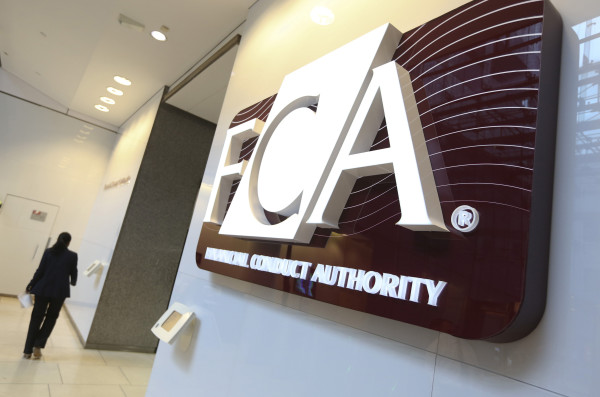

The platform market has steadily grown over the last eight years.
FCA figures put assets under administration (AUA) for both adviser and direct platforms at nearly £600bn, up from £108bn in 2008.
On Monday (17 July) the FCA revealed the scope of its far-reaching review of the various players within the market, the investment platform market study.
It wants to ensure they provide value for money and a fair service to investors.
The relationship between advisers, the platform they choose for clients, and what they charge, is set to be front and centre in the investigation.
“We will also consider whether advisers pass the benefits of competition between platforms onto investors in the form of lower adviser and platform fees,” the FCA paper stated.
The move has angered some in the industry, who argue the regulator’s focus is misguided and a U-turn of its previous public position not to become directly involved in what advisers charge clients.
At an event in London in 2013, then FCA technical specialist Rory Percival said explicitly: “We are not a price regulator.”
“The [FCA’s predecessor] the Financial Services Authority always said it was never going to be price regulator. This was stated by FSA presenters multiple times,” Simon Webster, managing director at Kent-based Facts & Figures, said.
“The FCA has jumped on the 'me too' cost band wagon, but instead of focusing on the areas where unwary clients can lose 100 per cent of their investment, for example unauthorised advisers selling unauthorised investments, they are now focusing on this trivial issue.”
Mr Webster pointed out the maximum total cost of a platform is around 0.4 per cent, with the cheapest at around 0.15 per cent.
“So on an £100,000 investment that’s £250 a year less fund discounts. In truth clients with £100,000 don’t care about absolute costs, they care about the value provided by their adviser and the platform overall. Why is this even on their agenda?”
Others in the industry agreed squeezed platforms are already running at the lowest ever margins.
“Competition has pushed platform fees from around 40 basis points (0.40 per cent) to 20 to 25 bps (0.25 per cent) today,” Clive Waller, managing director of fund research consultancy CWC Research.
“It would be daft for an adviser to move clients’ from a platform for 5 bps, only for the ceding platform to drop theirs.”
However Mr Waller did suggest there was a lack of corresponding fall in adviser charges, one of the areas the FCA is looking at.
“Financial advisers’ ongoing charges have nonetheless increased from 50 bps to nearly 100 bps, as advisers found they could get away with that.”
Christopher Foster, partner at Oldham-based Pennines IFA, said a focus on platform cost marked out the regulator does not understand the market.
“I don’t believe the FCA really grasp how platforms work on a day-to-day basis as cost is only a part of the process – if it was the only thing, then due diligence would not be necessary,” he said.
“It could, for example, be more important to have a smooth and simple switching process or comprehensive drawdown options than saving 0.05 per cent on the annual wrapper charge.”
A spokesperson for the FCA said the watchdog maintained “we are not a price regulator”.
People familiar with the regulator’s position said there are a range of potential outcomes from the investigation which will depend on the findings, and that the regulator is interested in both value for money and the quality of the service that is provided.
The investment platform market study springs from potential competition issues in the platforms sector raised in the asset management market study, the findings of which the FCA published last month.
These issues included: complex charging structures, if platforms’ investment tools enable effective choice and whether platforms have the incentives and ability to put competitive pressure on asset management charges.
laura.miller@ft.com



